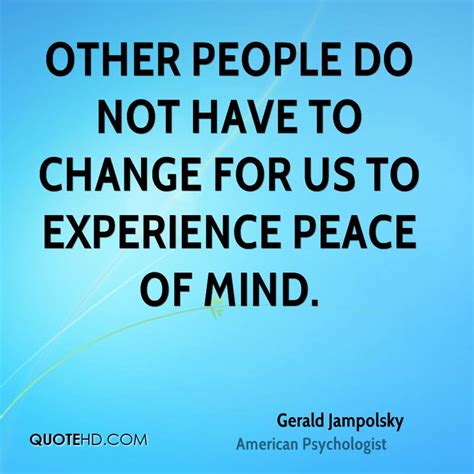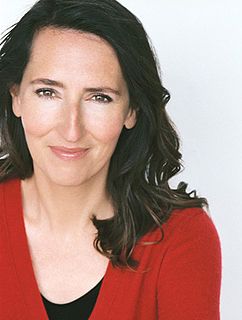A Quote by Malcolm Gladwell
Instinct is the gift of experience. The first question you have to ask yourself is, 'On what basis am I making a judgment?' ... If you have no experience, then your instincts aren't any good.
Related Quotes
I've learned about employee relations; I've learned about following your instinct. One of the biggest mistakes you can follow is not following your instincts, you know? A lot of times your instincts will tell you what to do if you have a good one. Now, if your instincts are terrible, then you ask for advice. But if you have good instincts, you definitely have to follow them, or else you regret them.
This above all-ask yourself in the stillest hour of your night: must I write? Delve into yourself for a deep answer. And if this should be affirmative, if you may meet this earnest question with a strong and simple "I must," then build your life according to this necessity; your life even into its most indifferent and slightest hour must be a sign of this urge and a testimony to it. Then draw near to Nature. Then try, like some first human being, to say what you see and experience and love and lose.
Write down your barrier thoughts, and then consider ways to reinterpret the situation. In the process, ask yourself questions like... What else could this situation or experience mean? Can anything good come from it? Does it present any opportunities for me? What lessons can I learn and apply to the future? Did I develop any strengths as a result?
You ask whether I have ever been in love: fool as I am, I am not such a fool as that. But if one is only to talk from first-hand experience, conversation would be a very poor business. But though I have no personal experience of the things they call love, I have what is better - the experience of Sappho, of Euripides, of Catallus, of Shakespeare, of Spenser, of Austen, of Bronte, of anyone else I have read.
Any person of any philosophic persuasion who sits on a hot stove will verify without any intellectual argument whatsoever that he is in an undeniably low-quality situation: that the value of his predicament is negative. This low quality is not just a vague, woolly-headed, crypto-religious, metaphysical abstraction. It is an experience. It is not a judgment about an experience. It is not a description of experience. The value itself is an experience. As such it is completely predictable. It is verifiable by anyone who cares to do so.
As soon as you direct such a question outward to your fellow man and not inward to yourself, you have set yourself on a judgment seat and thereby judged yourself. You have robbed yourself of what you had won by your own continence; you have taken one step forward but ten backward: and then you have reason to weep over your obstinacy, your failure to improve, and your pride.
Every once in awhile, find a spot of shade, sit down on the grass or dirt, and ask yourself this question: “Do I respect myself?” A corollary to this question: “Do I respect the work I’m doing?” If the answer to the latter question is NO, then the answer to the former question will probably be NO too. If this is the case, wait a few weeks, then ask yourself the same two questions. If the answers are still NO, quit.



































